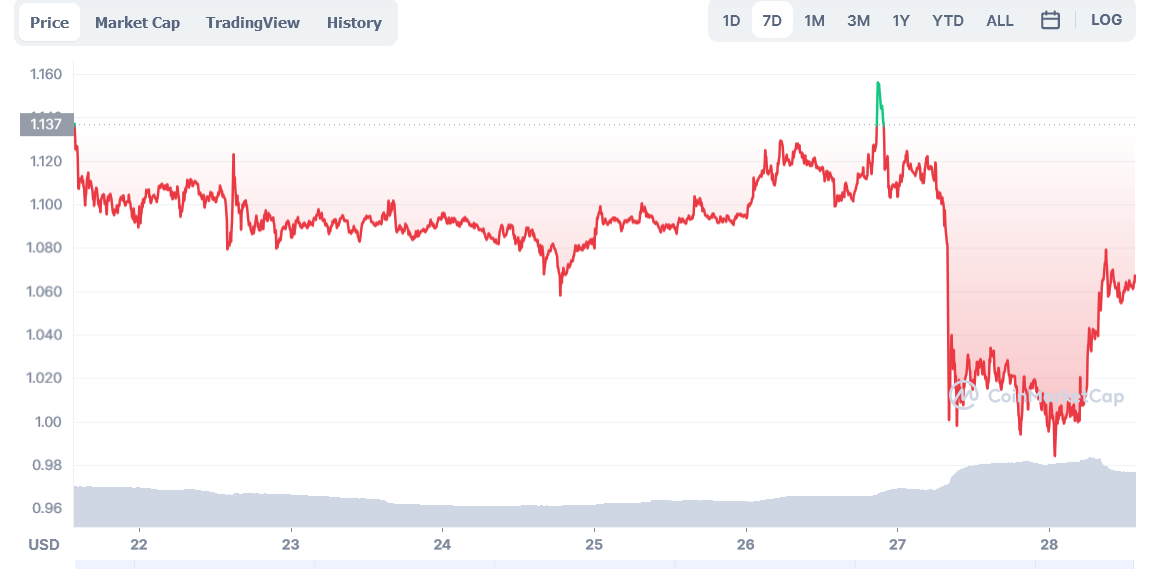The financial services industry is going digital fast. Companies in this space are finally realising they need to go digital to stay competitive. This has led to massive investments in building digital platforms and creating new services for customers.
68% of financial services companies have a digital transformation strategy but only 14% are actually doing it. That’s where financial and banking software development services comes in as the key to competitive advantage.
What is Financial Services Software Development
Financial services software development means creating software tools for different parts of the financial industry. These tools process transactions, manage investments, originate loans, and report financials. Automation in these processes reduces errors and speeds up time to market, with built-in controls for compliance and security.
The scope of financial software development is broad. It includes customer-facing web and mobile applications and backend data management systems. Development can be creating new applications or enhancing existing tools and workflow systems.
Given the complexity of this space, it requires developers with experience in building, testing and refining software to meet industry standards for customer trust, data security and regulatory compliance.
Software is at the Heart of the Financial Industry
Software is key to the growth and survival of the financial sector. Despite global economic woes, innovation and new technologies are driving the industry forward. In a world of big data and constant communication, software is at the center of every financial business.
Whether in banking, investment, accounting or insurance, having the right tools means professionals can do their job better and more securely. And in a more complex and competitive industry.
Financial Software in Action
Online Banking
Online banking is a big trend, increasing productivity and customer experience through user friendly websites and mobile apps. Financial institutions offer various online services such as account management, payments, transfers, new accounts and loan applications. These services are cloud integrated and increasingly powered by AI and machine learning.
Electronic Funds Transfer and E-Commerce
Electronic funds transfer and online payments are a must. Point of sale systems for debit, credit and e-wallet payments in physical stores and payment gateways for e-commerce sites rely on financial software. Companies like Visa, Mastercard, PayPal and Apple Pay are examples of this trend, with robust data privacy and security standards.
Taxation
Taxation software simplifies tax calculations and reporting. These tools calculate taxes based on income and expenses and generate ready-to-use reports.

Government tax departments also use this software for online tax filing.
Accounting and Budgeting
Accounting and budgeting software is increasingly trusted for managing finances. These tools help in analyzing expense data and providing insights to improve spending habits for individuals and institutions.
Investment
Investment software offers many benefits from storing historical market data to technical and fundamental analysis. Automation in investment means strategy creation and execution of trades with reduced emotional bias and errors of judgment.
Loan Origination
The software can automate the loan origination process from application to disbursement. Algorithms simplify loan approval and credit availability decisions, making it more efficient and accurate.
Financial Reporting
Financial reporting is critical across industries. Dedicated software tools ensure consistent reporting to meet operational and compliance requirements. Modern software tracks spending, balances sheets, income, and regulatory compliance.
Benefits of Financial Software Development
Now, we can move to real benefits.
Operational Efficiency
Dedicated software tools manage information and streamline processes in a data heavy environment. They integrate the systems used daily such as invoicing, billing, online payments, expense management and bank reconciliation. As businesses grow and financial data gets complex, custom software becomes critical to maintain efficiency.
Control and Integration
Financial software gives you control over financial data, no more paper trails and better visibility. It helps you to see the patterns between income and expenses and consolidates data for financial reporting.
Training and Support
Different software products require additional training and support to use effectively. While this adds complexity and cost, it means users can get the most out of the software.
Customer Experience
User friendly software means better customer experience, loyalty and repeat business. Whether through banking websites, cash flow apps or financial reporting tools, easy to use interfaces makes financial services more accessible and enjoyable.
Better Security and Risk Management
Data security and user privacy is paramount in the financial industry. Software development uses various technologies such as continuous threat monitoring, two factor authentication, network safety and incident response plans to plug security gaps and threats.
Challenges and Opportunities in Financial Software Development
As any other field, financial software development has its one challenges.
Data Security and Privacy
Comprehensive data security requires a multi faceted approach. Best practices in development and industry frameworks are a must.

Regular security analysis and security features from day one protects the software. New technologies like blockchain and AI is being used along with traditional methods to enhance security.
Regulatory
Compliance with data and privacy regulations is key in the financial industry. Issues such as data hosting, communication, user privacy, and authentication must be managed carefully. Compliance is more challenging in mobile app development as laws vary across jurisdictions.
Emerging Trends in Financial Services
Cloud Services
Cloud is changing the financial services industry, efficiency, scalability and security. Banks and financial institutions use cloud services for customer relationship management, fraud detection and data analysis.
AI and Machine Learning
AI and machine learning is changing financial services by improving fraud detection, customer service and investment management. These technologies means more accurate and faster decision making.
Blockchain
Blockchain provides secure, transparent and efficient transaction processing. Its applications in financial services is growing and solving issues like fraud detection, data integrity and operational transparency.
Technology Impact on Financial Services
Here are some of the main industries financial software can influence.
Banking
Banks use various software tools such as accounting applications, customer relationship management systems, advanced analytics, and accounts payable automation tools. AI is being adopted for fraud detection, customer service, and profiling.
Investment
Investment firms use software for portfolio management, trading, loan origination, crowdfunding and more. These tools helps in decision making and operational efficiency.
Accounting
Accountants use software for invoicing, billing, payment tracking, payroll management, and financial management. Both desktop and cloud-based solutions have a wide range of features.
Insurance
Insurance industry uses management software for accounting, customer profiling, risk analysis and compliance. AI powered tools provides services based on data gathering and analysis.
Financial Services Software Development Future
The future of finance will be built on top of advanced software solutions, from cloud to big data to AI and blockchain. Financial services software will keep on evolving and will integrate more services and provide better decision making through better information processing.
In summary, financial services software development is key to the industry’s digitalization. By adopting new technologies and solving security and compliance issues, financial institutions can be more efficient, customer-centric, and competitive in a fast-changing world.
Market Maestro: With an uncanny ability to predict the ups and downs of the crypto market, Jordan is our go-to for all things investment. Just don’t ask him for lottery numbers; he says it’s a different kind of prediction magic.



